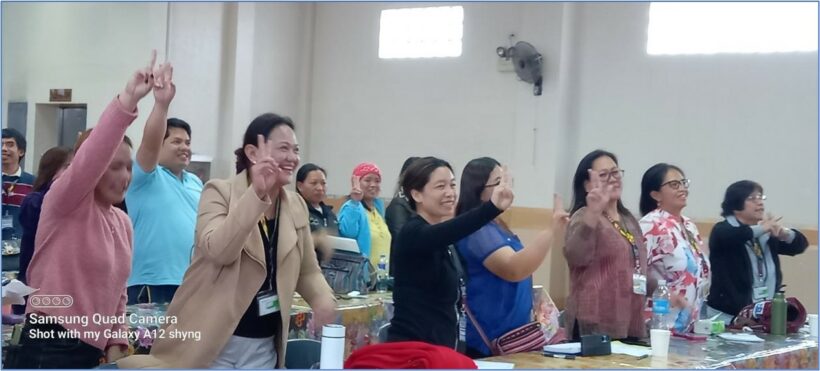By: Jonathan Lagan
“A teacher takes a hand, opens a mind, touches a heart, and shapes the future.” This sentiment encapsulates the profound impact teachers have on their students. They guide learners toward lives filled with integrity and excellence, serving as life builders, catalysts of hope, and inspirational leaders. Throughout history, many educators have been recognized for their exceptional contributions to education, not only for their dedication but also for their ability to make a significant difference in the lives of their learners, fellow teachers, and the broader community.
In countries like Singapore, education is held in high regard. The national government prioritizes it by developing a first-class curriculum and nurturing educators at all levels. They ensure that mentors are highly trained by establishing top-tier teacher education institutes with stringent criteria for entry.
Conversely, the Philippine government has also taken steps to enhance the quality of education. In hiring teachers, factors such as academic standing, additional training, teaching experience, and skills are considered to ensure that the most qualified candidates are selected. Significant investments are made in teacher training programs; however, there remains a need to address other aspects that contribute to educational quality.
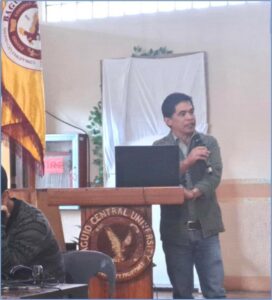
Leading the Way . Class President Jonathan Lagan addresses his classmates during a teleconference on fostering peace, exemplifying leadership and unity in action.
Despite efforts to elevate the status of teaching, it often falls short of being regarded as a profession on par with fields like accounting, advertising, architecture, business, engineering, law, or medicine. Teachers today frequently do not receive the respect they deserve, facing grueling daily tasks that include lesson planning, creating multimedia instructional materials, managing paper work, delivering classroom instruction, conducting research, engaging in community extension services, and maintaining classroom environments often disrupted by unruly students. They also bear the responsibility of disciplining children who may seek attention due to neglect at home. Many educators return home exhausted, lacking the energy to fulfill their family responsibilities.
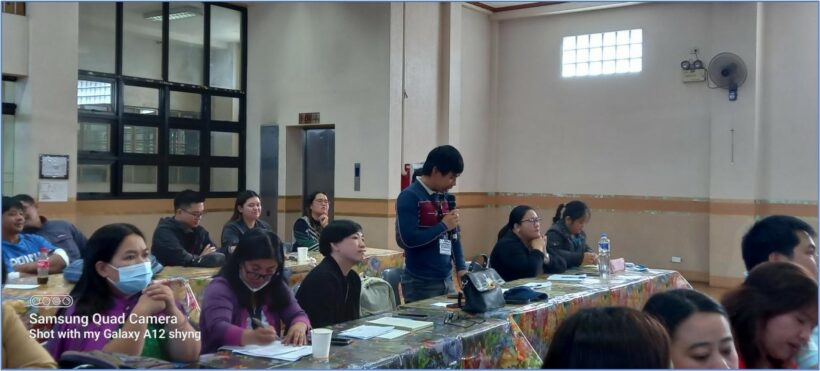
Inquisitive Minds at Work . Satur Jr. C. Bacdayan, a dedicated teacher and lifelong learner, poses a thought-provoking question to the speaker, sparking meaningful dialogue. His PhD classmates—many of whom are educators themselves—listen intently, exemplifying the collaborative spirit of lifelong learning. The image was taken during the Peace Forum at Baguio Central University, November 9, 2024.
With modest salaries, teachers often find themselves needing to hire help for household chores. Unfortunately, when faced with strict discipline from teachers who genuinely strive to educate their children, some parents dismissively comment on their low pay or lack of authority. Yet many still hold teachers in high esteem and believe in their power to change lives. These parents recognize that education can open doors to brighter opportunities and help uplift families out of poverty.
Schools and communities serve as vast laboratories for teachers. They interact with individuals from different backgrounds and varying levels of intelligence. Despite facing challenges and occasional disrespect—such as being liked to “a red bag of potatoes”—teachers remain humble and dedicated. Their high morals and integrity shine through their actions as they continue to inspire future generations.
To all the teachers out there: Happy Teaching Day in and day out! Your dedication shapes not just individual futures but also the future of our society as a whole. Mabuhay ang lahat ng mga pinagpalang mga guro! (Long live all the blessed teachers!)
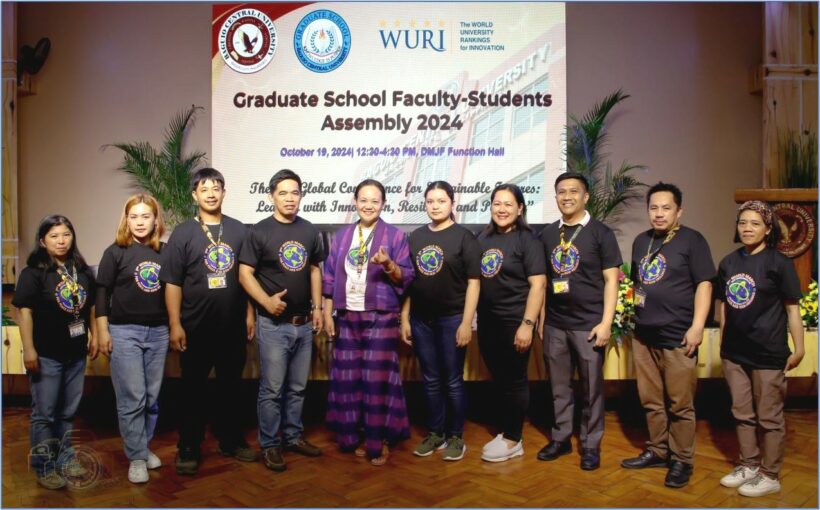
They say it takes a village to raise a child, but it takes a squad of educators, government employees, and the private sector, to earn a doctorate! Here’s to us—changemakers! Picture taken in support of the 3rd World March for Peace and NonViolence. L to R: Emily D. Libod, Josefa P. Dampilag, Junifer G. Felix, Jonathan C. Lagan, Genevieve B. Kupang, Christine S. Luyosen, Pacita E. Gawaen, Alaska J. Turaray, Marvin C. Victoriano and Jhayra A. Bayacsan.
About the Author:
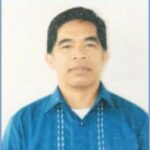
Jonathan C. Lagan is a dedicated school leader and the president of the Current Trends Class under PHAS. Known for his commitment, teamwork, collegiality, and leadership, he works tirelessly for the benefit of educators. Currently, he is completing his Doctor of Philosophy in Administration and Supervision at Baguio Central University, embodying excellence in both scholarship and service.
About the Editor:
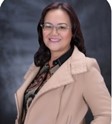 Genevieve Balance Kupang is an applied cosmic anthropologist and a certified cultural mapper, currently serving as BCU’s Dean of the Graduate School and International Relations Officer. As a board member of the World University Network of Innovation (WUNI)-Leaders, she fosters global collaboration. She explores the intersections of culture, arts, peace, justice, integrity of creation, interfaith dialogue, curriculum, and instruction. One of her greatest joys is empowering learners to realize their potential and encouraging them to share their unique voices with the world.
Genevieve Balance Kupang is an applied cosmic anthropologist and a certified cultural mapper, currently serving as BCU’s Dean of the Graduate School and International Relations Officer. As a board member of the World University Network of Innovation (WUNI)-Leaders, she fosters global collaboration. She explores the intersections of culture, arts, peace, justice, integrity of creation, interfaith dialogue, curriculum, and instruction. One of her greatest joys is empowering learners to realize their potential and encouraging them to share their unique voices with the world.


